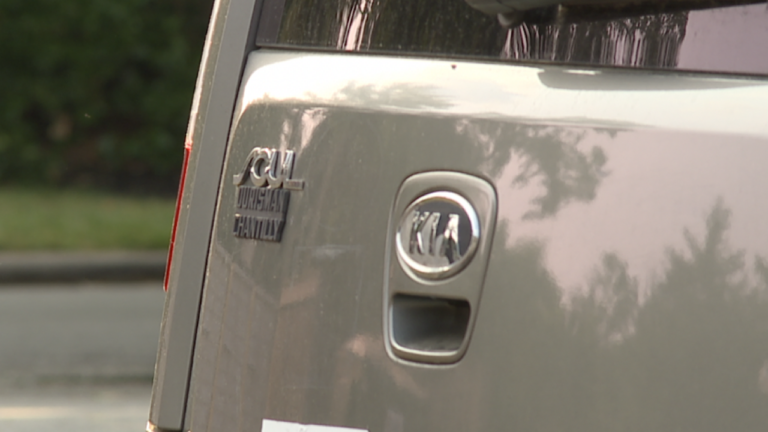The Fate of 1,000 Monkeys in Limbo in Frederick, Maryland
The fate of 1,000 monkeys is in limbo in Frederick, Maryland, as animal welfare advocates and federal officials debate what to do with the animals. The long-tailed macaques were part of a shipment of monkeys flown into the United States from Cambodia last year, allegedly for use in biomedical research.
Where did Tony Bennett pass away?
However, the shipment was intercepted by U.S. Customs and Border Protection officials, who determined that the monkeys were being imported illegally and posed a threat to public health. The monkeys were placed in quarantine at a facility in Frederick, where they have been held ever since.
No comment from @SecDebHaaland or @Interior on the on-going status of 1,000 monkeys being held in Maryland & Texas in cages after @USFWS started a probe asking if the monkeys entered the U.S. illegally from Cambodia. Today @peta protested the lack of a decision in DC. @7NewsDC pic.twitter.com/i3ApD5TwzB
— Scott Taylor 7 News I-Team (@ScottTaylorTV) July 21, 2023
Animal welfare advocates, including the animal rights group PETA, have been lobbying to release the monkeys to a sanctuary or other suitable facility where they can live out their lives in peace and safety. However, federal officials have hesitated to release the monkeys, citing concerns about disease and the potential impact on local ecosystems.
Two Men Shot in East Baltimore
The situation has become a flashpoint for animal rights activists, who argue that the monkeys are being held in inhumane conditions and denied the opportunity to live as nature intended. They have organized protests and social media campaigns to raise awareness of the issue and pressure federal officials to release the monkeys.
Calls for Greater Oversight of Animal Research
The case of the 1,000 monkeys in Frederick has also sparked a broader debate about the use of animals in biomedical research. While animal research has played a critical role in advancing medical knowledge and developing new treatments, many animal welfare advocates argue that the practice is cruel and unnecessary.
WATCH: Dr. Lisa Jones-Engel, @peta Primate Science Senior Advisor, on how the public is reacting to efforts to push @SecDebHaaland with the @Interior to make a decision on the status of 1,000 monkeys in limbo that are housed in cages in Maryland & Texas. @7NewsDC pic.twitter.com/61xkiSqClZ
— Scott Taylor 7 News I-Team (@ScottTaylorTV) July 21, 2023
They point to cases like the one in Frederick, where animals are subjected to long periods of isolation and confinement and are often subjected to painful and invasive procedures. They argue that there needs to be greater oversight of animal research and that alternatives such as computer modeling and cell cultures should be used whenever possible.
Lana Del Rey Spotted Working at Waffle House in Alabama
On the other hand, proponents of animal research argue that it is a necessary part of the scientific process and has led to numerous breakthroughs in medicine and other fields. They acknowledge ethical concerns associated with animal research but argue that these concerns can be addressed through strict regulations and oversight.
The debate over animal research is likely to continue as advocates on both sides make their case to the public and lawmakers. In the meantime, the fate of the 1,000 monkeys in Frederick remains uncertain as federal officials weigh the risks and benefits of releasing them. The case has drawn national attention and raised important questions about the treatment of animals in research and the role of government in regulating the industry.
12 Monkeys: you need to watch the most disorienting time travel movie
Animal welfare advocates are calling for greater transparency and accountability in the animal research industry and stricter regulations to ensure that animals are treated humanely and ethically. They argue that the current system is failing animals and that more needs to be done to protect their welfare.
On the other hand, proponents of animal research argue that the industry is already heavily regulated and that the benefits of animal research far outweigh the costs. They point to the numerous medical breakthroughs made possible through animal research, including vaccines, treatments for cancer and other diseases, and advancements in surgical techniques.
The debate over animal research is complex and multifaceted, and both sides have valid arguments. As the case of the 1,000 monkeys in Frederick continues to play out, it is likely to spark further discussion and debate about the ethics of animal research and the role of government in regulating the industry.








